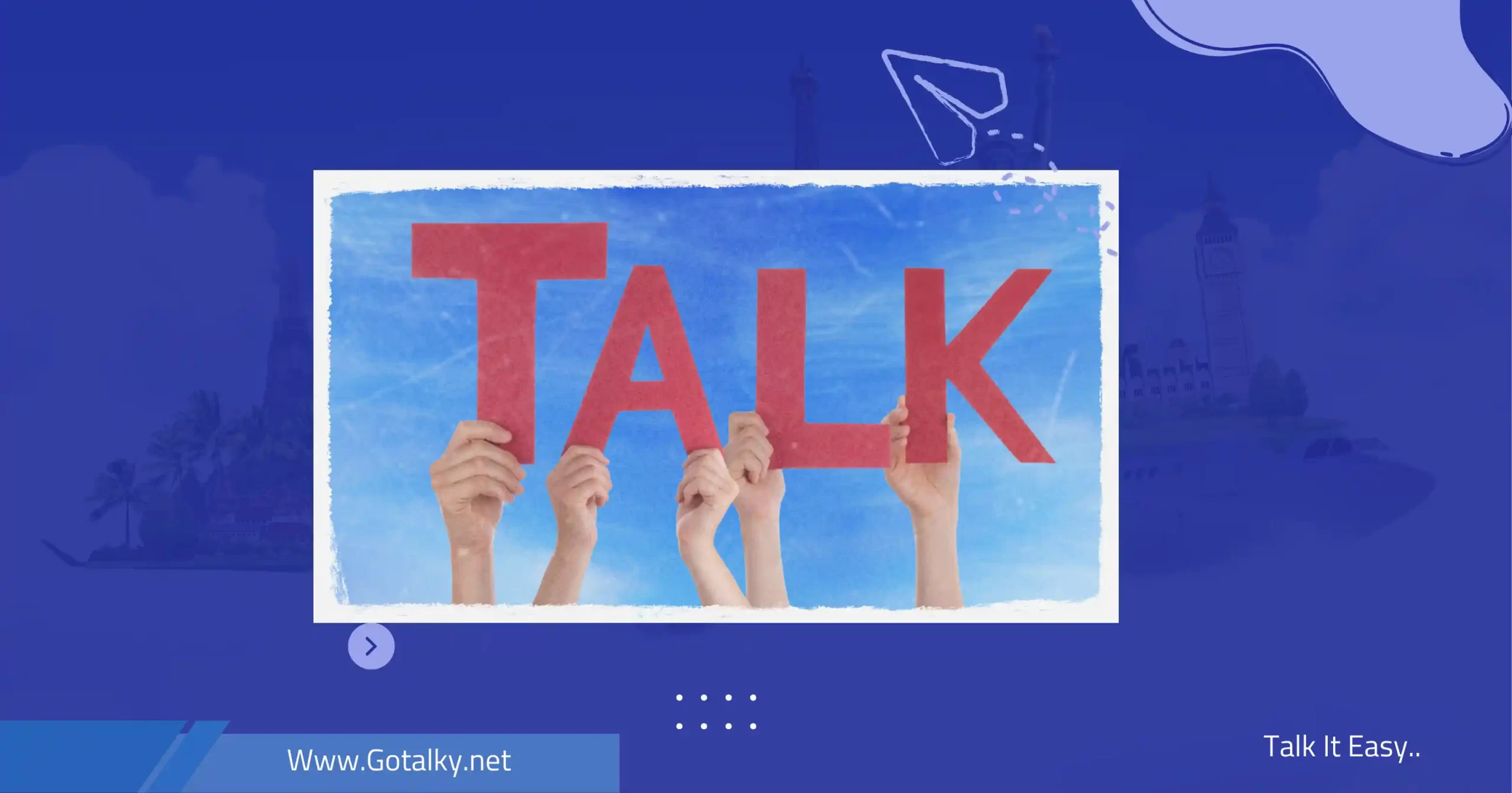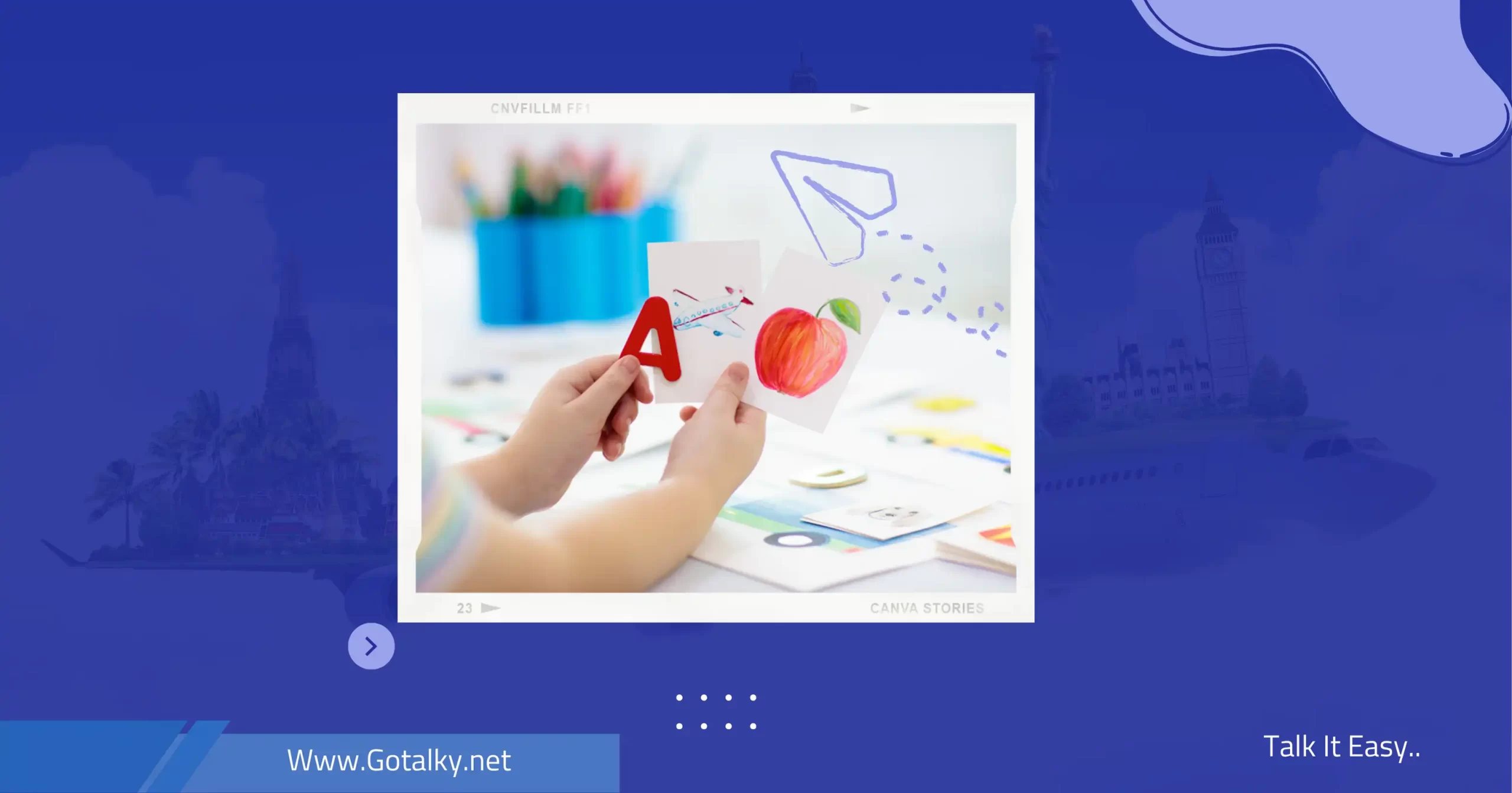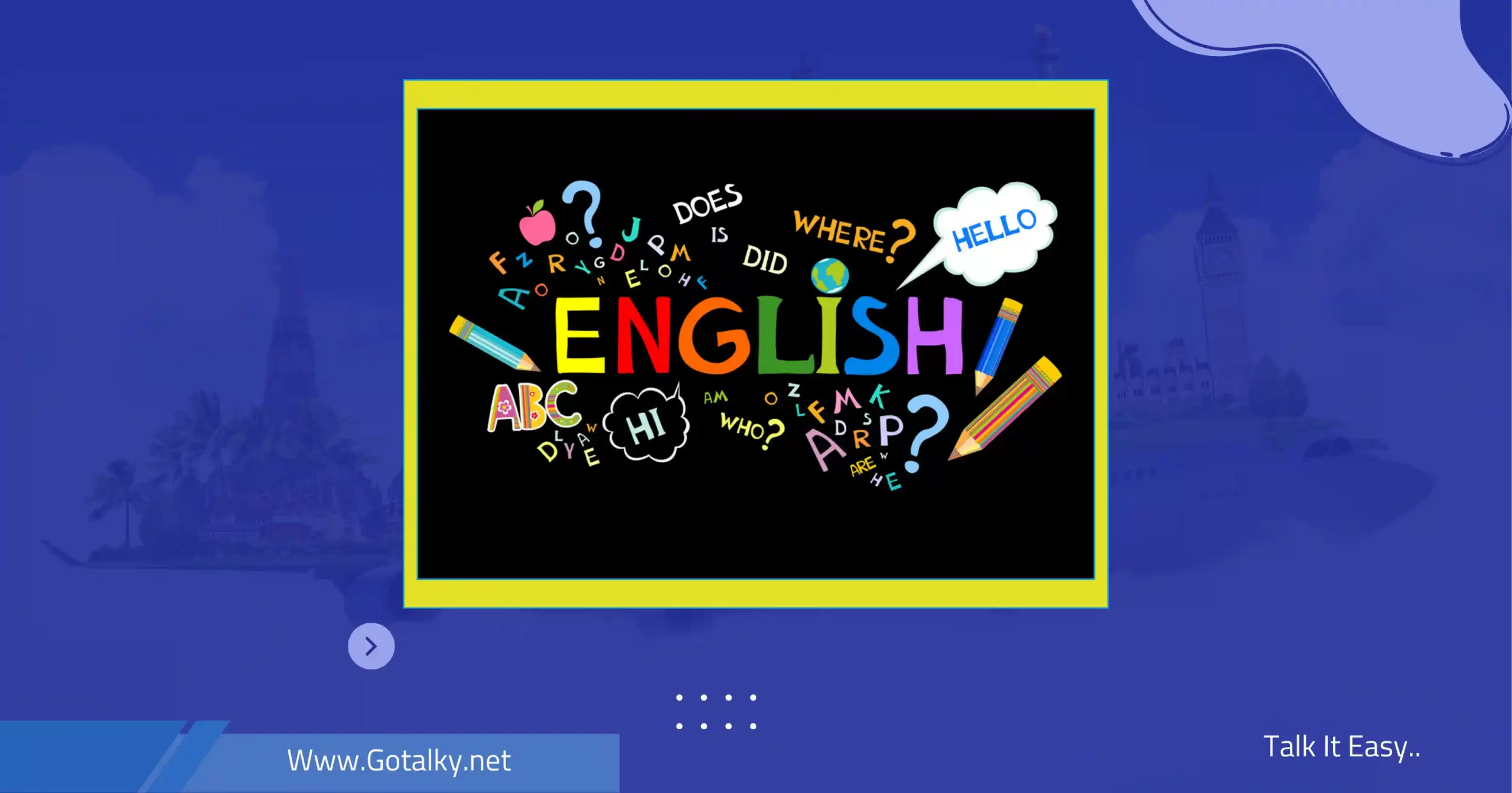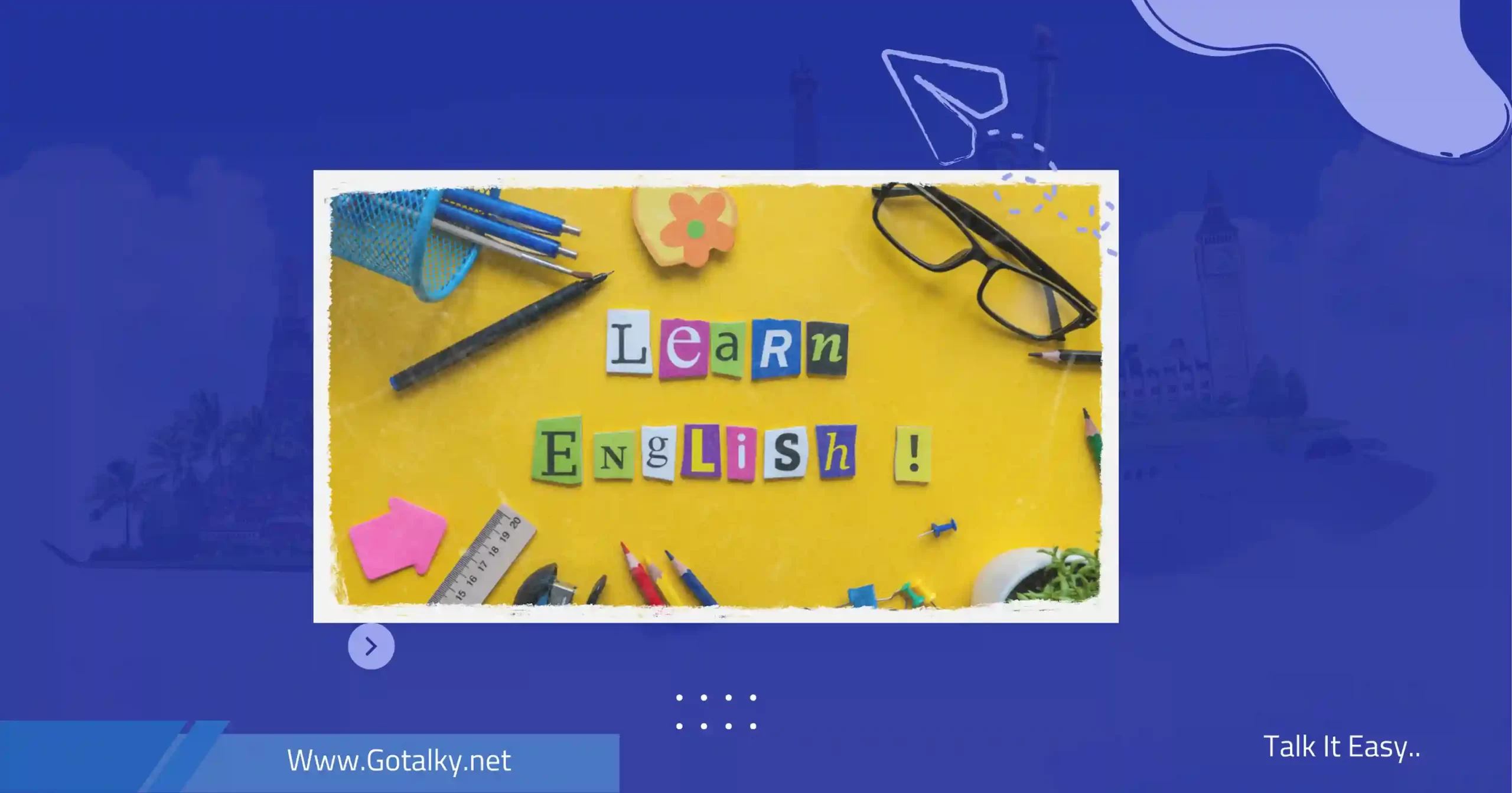The English language is undoubtedly the language of the era spoken by most countries, as it is considered the official language for global communication. Therefore, it was necessary to learn this language to facilitate communication. Additionally, English is the language for writing scientific research, books, and knowledge, making it easier to join top universities worldwide and enhance your career prospects, leading to new job opportunities. Learning English requires time, effort, money, and practice to elevate your thinking, knowledge, and social status.
How to learn English quickly?
Learning English quickly is not impossible, but it requires commitment and perseverance. Here are some tips provided by the platform:
- Set your goals: Determine why you want to learn English. Do you want to speak with friends and relatives who speak English? Do you want to follow news, movies, and TV shows in English? Do you want to work in a field that requires knowledge of English? Once you know your goals, you can create a study plan focused on them.
- Start with the basics: Don’t try to jump to an advanced level before mastering the basics. Make sure you understand the basic grammar rules and vocabulary before moving on to higher levels.
- Practice consistently: The best way to learn English is to practice it regularly. Allocate some time each day for study or language practice. You can watch movies and TV shows in English, listen to English music, or read books and articles in English. Also, try to speak with someone who speaks English fluently.
- Resources: Look for suitable resources. There are many resources available for learning English, such as educational courses, apps, online educational programs, and materials. Choose resources that suit your learning style and goals.
- Don’t give up: Learning English takes time and effort. Don’t get discouraged if you don’t master the language immediately. Keep practicing, and you will improve over time.
Here are some additional tips that can help you learn English quickly:
- Make the learning process enjoyable. If you enjoy what you’re doing, you’re more likely to continue learning. Find ways to make learning fun, such as watching educational movies and useful TV programs in English.
- Look for a supportive learning environment. Having someone to support your educational efforts is essential. Look for a friend, family member, or teacher who speaks English fluently and can assist you in learning the language.
- Don’t be afraid to make mistakes. Everyone makes mistakes when learning a new language. Don’t let the fear of making mistakes hinder you from speaking. It’s a natural part of the learning process.
How to start a conversation in English
Gotalky provides some tips on how to start a conversation in English:
- Be friendly and welcoming: Smile and nod slightly to show that you are happy to talk to the other person.
- Introduce yourself: Say your name and mention that you are pleased to meet them.
- Ask a question: This is the best way to start a conversation. You can ask about the other person’s name, what they do, or where they’re from.
- Be a good listener: Pay attention to what the other person is saying and engage in a conversation based on their responses.
- Don’t be afraid to make mistakes: Everyone makes mistakes when learning a new language. Don’t let the fear of making mistakes prevent you from speaking.
Here are some examples of how to use these phrases to start a conversation:
Hi, my name is Ahmed. Nice to meet you.
How are you?
What do you do for a living?
Where are you from originally?
I’m interested in learning about [topic]. What do you think about it?
Gotalky offers a conversation course in English through its website.
The English conversation course is an educational program that focuses on developing learners’ conversation skills. The goal is to help learners speak English fluently in various situations. Conversation courses typically include a variety of activities and techniques to enhance conversation skills, such as speaking with a teacher or native speaker, participating in group conversation activities, listening to audio recordings or videos of English conversations, and reading texts containing English conversations. These courses vary in length and difficulty level, catering to beginners as well as advanced learners.
Benefits of attending an English conversation course through Gotalky include improving speaking skills, boosting confidence in speaking English, and gaining the ability to converse in English in various situations. If you want to enhance your conversation skills in English, attending an English conversation course may be a good option for you.
Here are some tips for choosing the right English conversation course for you
- Set Your Goals: Determine what you hope to achieve by attending a conversation course. Do you want to improve your general conversation skills, or do you prefer focusing on specific topics such as work-related discussions or travel conversations?
- Consider Your Current Level: Think about your current proficiency level. Are you a beginner, intermediate, or advanced learner? Choose a course designed to match your current level.
- Read Course Reviews: Read reviews from previous students to get an idea of the course quality and the benefits learners have gained from it.
Now, let’s move on to activities to improve your English in a week:
- Learn 50 New Words Every Day: Use resources like dictionaries, educational apps, or simply read books and articles in English to expand your vocabulary.
- Watch English TV Shows with Subtitles: Watching English TV programs with subtitles can help you hear the language, learn vocabulary, and understand grammar rules.
- Read Books and Articles in English: Reading materials in English will improve your understanding of the language.
- Seek Speaking Opportunities: Join conversation groups or find a friend or family member who speaks English to practice speaking.
Now, let’s address how to respond to a question in English
- Understand the Question Carefully: Ensure you understand the question before answering. If unsure, ask for clarification.
- Use Clear and Direct Language: Avoid slang or technical terms that the person you’re talking to might not understand. Use clear and direct language.
- Be Specific: Don’t just answer the question; provide additional information if necessary.
- Be Polite: Even if the question is difficult or uncomfortable, try to respond politely.
Here are some examples of how to answer questions in English
Q: What is your name?
A: My name is Ahmed.
Q: What are your hobbies?
A: My hobbies are reading and writing.
Q: What are your career goals?
A: My career goal is to become a writer.
There is another type of question that requires a short answer, which can be a single word or a simple sentence, as illustrated in the following examples:
Q: Are you from Egypt?
A: Yes, I am from Egypt.
Q: Do you prefer traveling or staying at home?
A: I prefer traveling.
In addition to these types of questions, there are also questions that can be answered using critical thinking skills and providing creative or innovative responses, as shown in the following examples:
Q: What is the meaning of life?
A: Life is a journey of experiences, learning, and growth.
Q: What is the difference between love and infatuation?
A: Love is a strong emotional feeling towards another person, while infatuation is a more intense and passionate feeling.
Here are some examples of conversations in English and formal responses:
A: Welcome to our company. We’re pleased to have you on board.
B: Thank you. I’m excited to be here.
A: How are you settling into your new role?
B: I’m adjusting well. The team has been very supportive.
And here are examples of general conversations in English that require familiarity with common terms
Weather Conversation:
A: Hi, how are you?
B: I’m fine, thank you. And you?
A: I’m good, too. It’s a beautiful day today, isn’t it?
B: Yes, it is. The sun is shining, and the birds are singing.
A: I love days like this.
News Conversation:
A: Did you hear about the election results?
B: Yes, I did. I’m still trying to process it.
A: I know, it’s a lot to take in.
B: I’m still not sure what to think.
A: Me neither. I guess we’ll just have to wait and see what happens.
Culture Conversation:
A: I’m going to visit Japan next year.
B: Oh, that’s exciting. I’ve always wanted to go to Japan.
A: I’m really looking forward to it. I’ve heard the food is amazing.
B: Yes, it is. I’ve tried Japanese food before, and it’s delicious.
A: I can’t wait to try it for myself.
Sports Conversation:
A: Did you see the game last night?
B: Yes, I did. It was a great game.
A: I know, right? My team won!
B: Congratulations!
A: Thanks! I’m so happy.
Travel Conversation:
A: I just got back from a trip to Europe.
B: Oh, that sounds amazing. Where did you go?
A: I went to Italy, France, and Spain.
B: That’s so cool. I’ve always wanted to go to Europe.
A: It was amazing. I had a great time.
There are two common ways to say “I don’t speak English” in English:
- “I don’t speak English.” This is the most common way to express that.
- “I’m sorry, I don’t speak English.” This is a slightly more formal way and can be used if you want to be polite.
You can also use the following phrases to convey the same idea:
- “My English is not good.” This phrase means that you do not speak English fluently.
- “I can speak a little English.” This phrase means that you can speak a small amount of English, but not fluently.
Here are some examples of how to use these phrases in sentences:
- “I don’t speak English, so I can’t help you.”
- “I’m sorry, I don’t speak English. Can you speak French?”
- “My English is not good, but I can try.”
- “I can speak a little English, but I need your help.”





